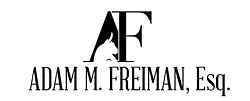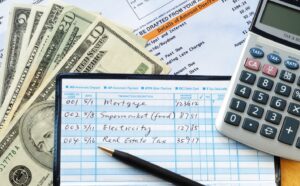For many people, money is hard to come by. They may work dead-end, minimum-wage jobs trying to survive. Some struggle to find decent-paying jobs. And the bills never stop.
If you have debt, a personal loan may be helpful. You may even be able to consolidate credit card debt. But if your credit is poor and you do not have a job, your options are limited.
As a last resort, you can choose bankruptcy. You may feel as though there is a stigma associated with bankruptcy, but the truth is that hundreds of thousands of people file for bankruptcy in the United States every year.
Bankruptcy has some benefits. It can help eliminate debt and provide you with a fresh start. As an individual, there are two main types of bankruptcy you can choose from: Chapter 7 and Chapter 13. Here is a look at both of them so you can decide the best option for you.
What is Chapter 7 Bankruptcy?
When people think of bankruptcy, they are likely thinking of Chapter 7 bankruptcy. This is a type of liquidation bankruptcy that eliminates many types of debts. You will have to sell many of your assets in order to help pay off these debts, but you are allowed some exemptions. You may be able to keep a vehicle and your jewelry, for example, but maybe not your home. Anything that is not exempt can be sold to pay creditors. In a Chapter 7 bankruptcy, debts can be discharged in as little as three months.
This may sound too good to be true, but there are some caveats. The main one is that you have to meet certain income requirements. Not everyone qualifies for Chapter 7 bankruptcy. Your disposable income must be low enough to pass the Chapter 7 means test. Also, it can take 10 years to remove a bankruptcy from your credit report, so it will be hard to get new credit or take out a loan during this time.
What is Chapter 13 Bankruptcy?
Chapter 13 is a reorganization bankruptcy. While it does not wipe out debts, it serves as a repayment plan to help you keep your car, home, and other assets. You must create a three-to-five-year plan that the court must approve. If you make the payments as agreed, you will get to keep your property.
If your income is too high for Chapter 7, you may qualify for Chapter 13 bankruptcy. You cannot have more than $2,750,000 combined in secured and unsecured debt. This type of bankruptcy will stay on your credit report for seven years.
Chapter 7 vs. Chapter 13 – Which one is right for you?
If you are struggling to pay the bills, you are not alone. If you have exhausted all your options, filing for bankruptcy can help you get a fresh start with your finances.
At the Law Offices of Adam M. Freiman, we specialize in various bankruptcy services designed to help you navigate your financial challenges. With our expert guidance, you can regain control of your financial future. Contact us today to schedule a consultation. Call (410) 486-3500 or fill out the online form.







